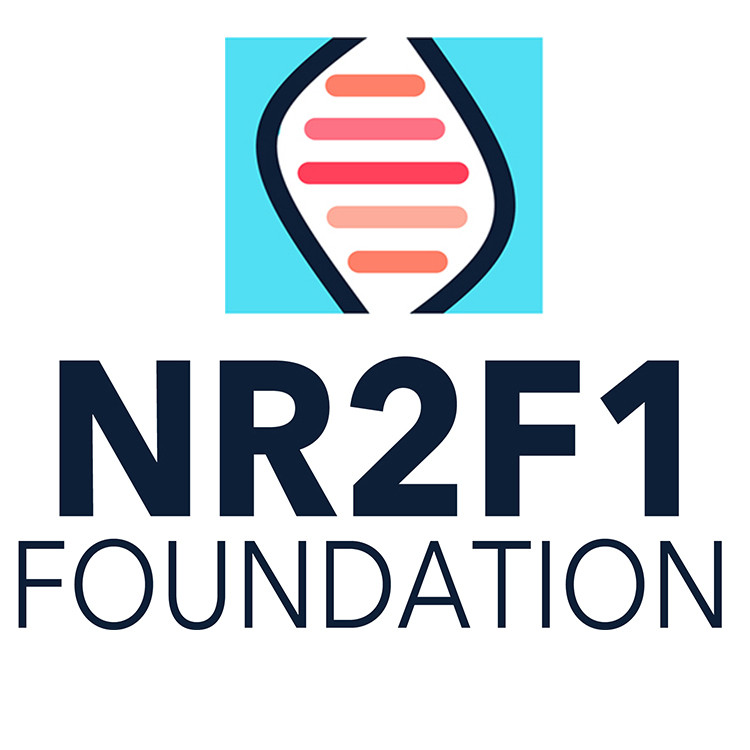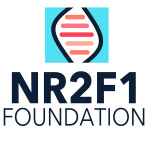The Rare Epilepsy Network, a joint effort of rare epilepsies, has welcomed the NR2F1 Foundation as a new member. Because more than half of those diagnosed with BBSOAS also have epilepsy, becoming a part of an epileptic community gives not just support but also information and other valuable resources to those living with the congenital disorder.

How REN Was Started
The Rare Epilepsy Network (REN) was founded in 2013 with a grant from the Patient-Centered Outcomes Research Institute and a membership of only ten (10) organizations. By 2019, it had grown to 32 member organizations and had launched the first-ever uncommon epilepsy patient registry. The volunteer-led network already includes over 70 member organizations and is still growing.
REN's Goals
All groups dedicated to rare types of epilepsy are welcome to join REN. The network's objectives are to promote and facilitate patient-centered outcome research, achieve successful research trials for rare epilepsies, and enhance funding, research, and development of innovative medications for rare epilepsies.

The NR2F1 Foundation
The NR2F1 Foundation was established by parents of children with BBSOAS in 2018. BBSOAS was discovered in 2013 and even now there are just a few hundred known instances around the world. The congenital, neurodevelopmental condition is caused by variations in the NR2F1 gene. Although no two people with BBSOAS are alike with the same symptoms, there are numerous similarities. Being very musical and having a deep love of music is one of the most prevalent characteristics.

Carlie Monnier, Foundation President
Carlie Monnier, the foundation's president, talks about how her life was turned upside down the day she learned that her daughter has an extremely uncommon disease. She wrestled for weeks with shock, denial, and ultimately grief, and eventually, she met and became friends with other families with children who have BBSOAS. The NR2F1 Foundation was founded as a result of their collective advocacy, and she now works to assist other parents on the same journey.
Joining the Rare Epilepsy Network gives access to more resources in the medical community, as well as being able to advance improvement and focus on common goals.






















